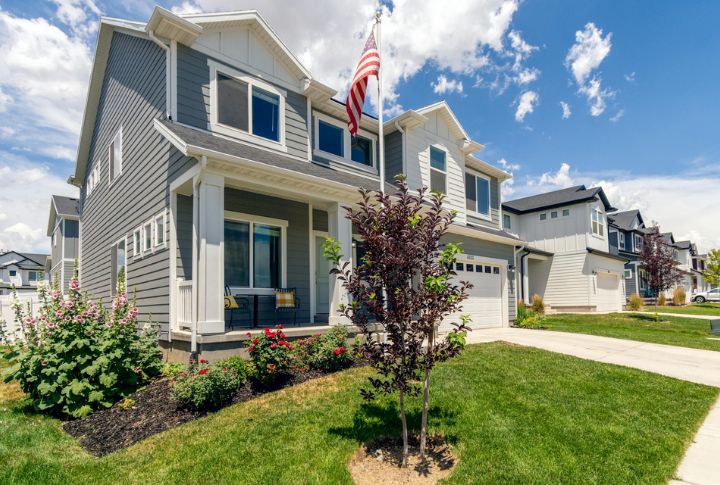
Freedom in homeownership isn’t just about having a roof over your head. It’s about what you can do under it, around it, and beyond it—without unnecessary restrictions. HOAs may seem harmless at first, but their rules reach deep into daily life, dictating everything from paint colors to lawn height. So, recognizing these subtle intrusions starts with knowing where they show up.
Rules On Renting And Roommates
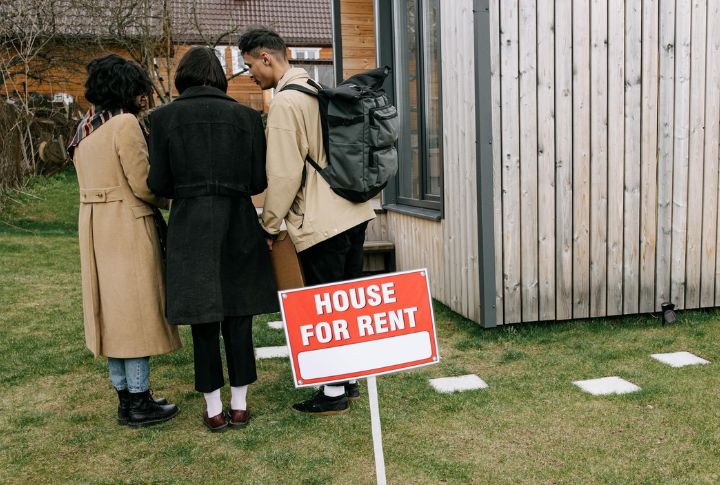
Many neighborhood associations ban room rentals or limit short-term stays, making it harder for property owners to earn extra income or let paying guests in. These rules often push out younger or lower-income residents, which eventually makes communities less diverse.
Limits On Lawn Signs And Flags

Want to display your team’s pride or political views? Think twice. Many housing boards ban signs and flags in the name of aesthetics. Residents can even be fined for a holiday flag or a “For Sale” sign. For many, expression stops at the driveway.
Unclear Fee Increases

Ambiguity breeds anxiety because unexpected HOA fee hikes hit homeowners like a splash of cold water, especially when no clear reason is given. Without transparent financial breakdowns, you’re left wondering: what exactly are you paying for, and who’s making that decision behind closed doors?
Fines For Small Violations
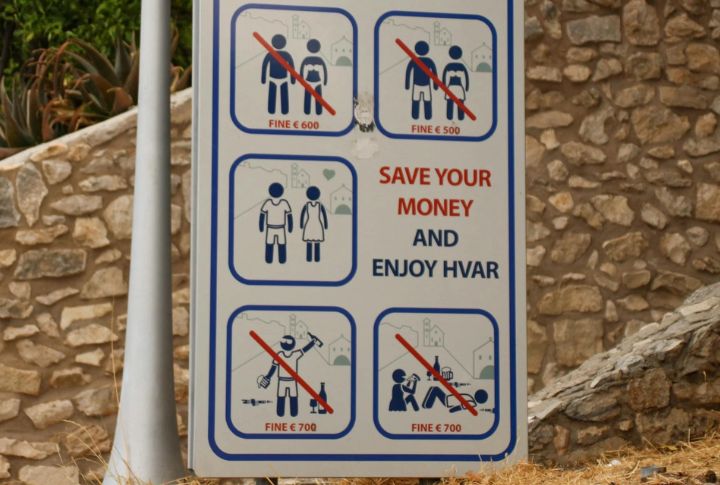
A slightly long lawn? Wrong trash bin day? Suddenly, your mailbox holds a bill. Neighborhood associations love sending fines for the tiniest things. It’s like a game—only you’re not playing for fun. Rather, you’re paying for a mistake that barely deserved a raised eyebrow.
Strict Parking Rules That Feel Unnecessary
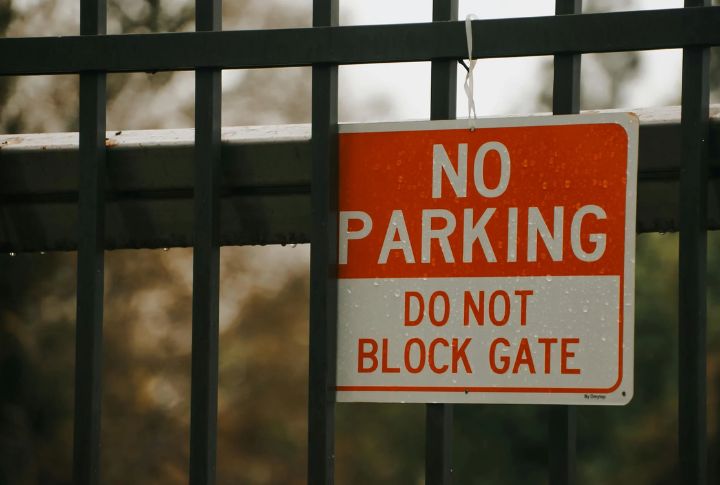
Some neighborhood boards treat parking like a privilege, not a basic right. They limit street parking, ban certain vehicles, and even restrict how long a car can stay in your driveway. Homeownership shouldn’t come with micromanagement or feel like you need permission just to park your own car near your own home.
Limited Voice In Community Decisions

Democracy fades when your vote feels unheard. Some housing boards make it hard for residents to give input by holding meetings at inconvenient times or ignoring feedback. No, freedom doesn’t vanish overnight but slowly fades each time voices are pushed aside.
Unequal Rule Enforcement
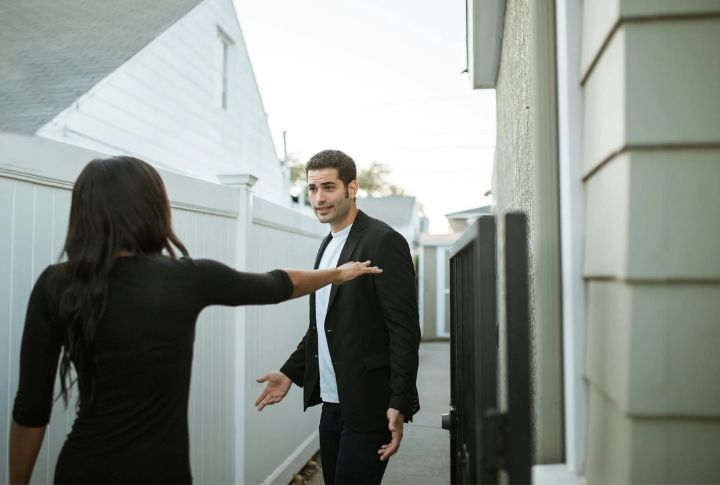
Although rules are there, enforcement is another story. One resident gets fined, and another gets a free pass. And when such favoritism takes over, fairness disappears. Even neighbors stop trusting each other—and the people in charge. Soon, frustration replaces unity, and division creeps in.
Bans On Eco-Friendly Changes
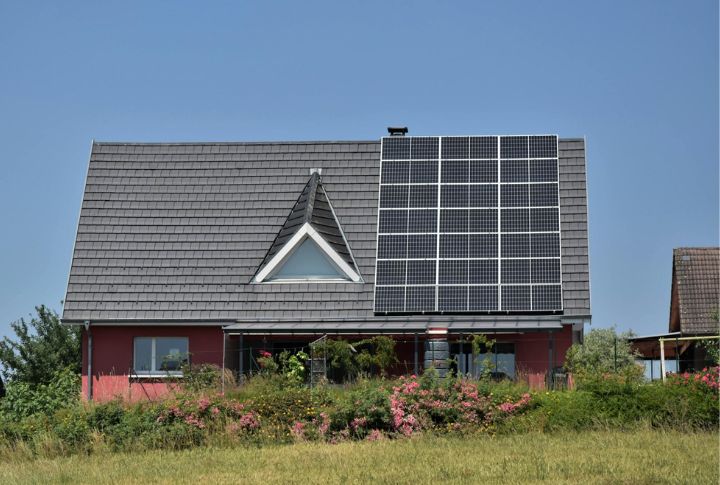
Solar panels? “Doesn’t match the aesthetic.” Vegetable garden? “Too messy.” In the name of uniformity, neighborhood committees often block eco-friendly changes. Meanwhile, they’ll highlight Earth Day in their newsletter, right next to the fine they gave you for going green.
Limits On Outdoor Gatherings And Events
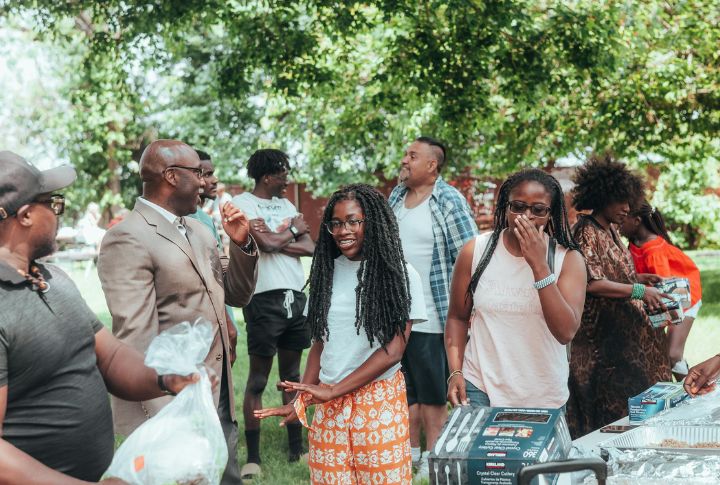
HOA rules often restrict gathering sizes, citing concerns about traffic and noise. However, limiting social interaction can weaken neighborhood bonds. Over time, these restrictions create distance between residents, which makes communities feel less welcoming and connected.
Restrictions On Home Businesses

Why are quiet home offices or cozy cottage bakeries so difficult to find? Well, it’s because the resident council routinely shuts them down. Yes, local laws often limit economic freedom, especially for stay-at-home parents, artists, and retirees. But if you own the home, why shouldn’t the business opportunity be yours too?

